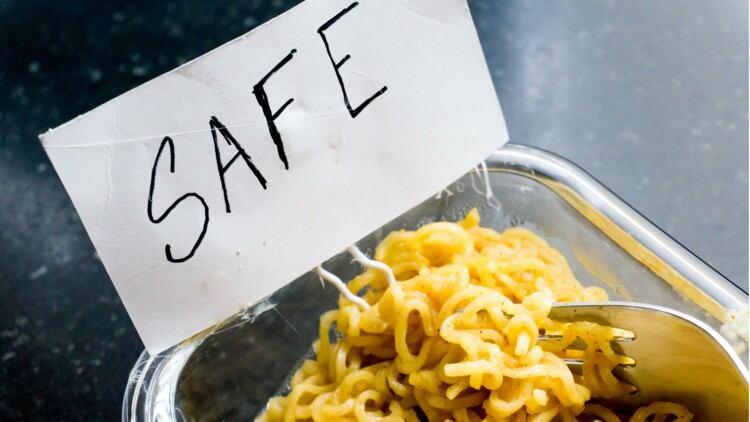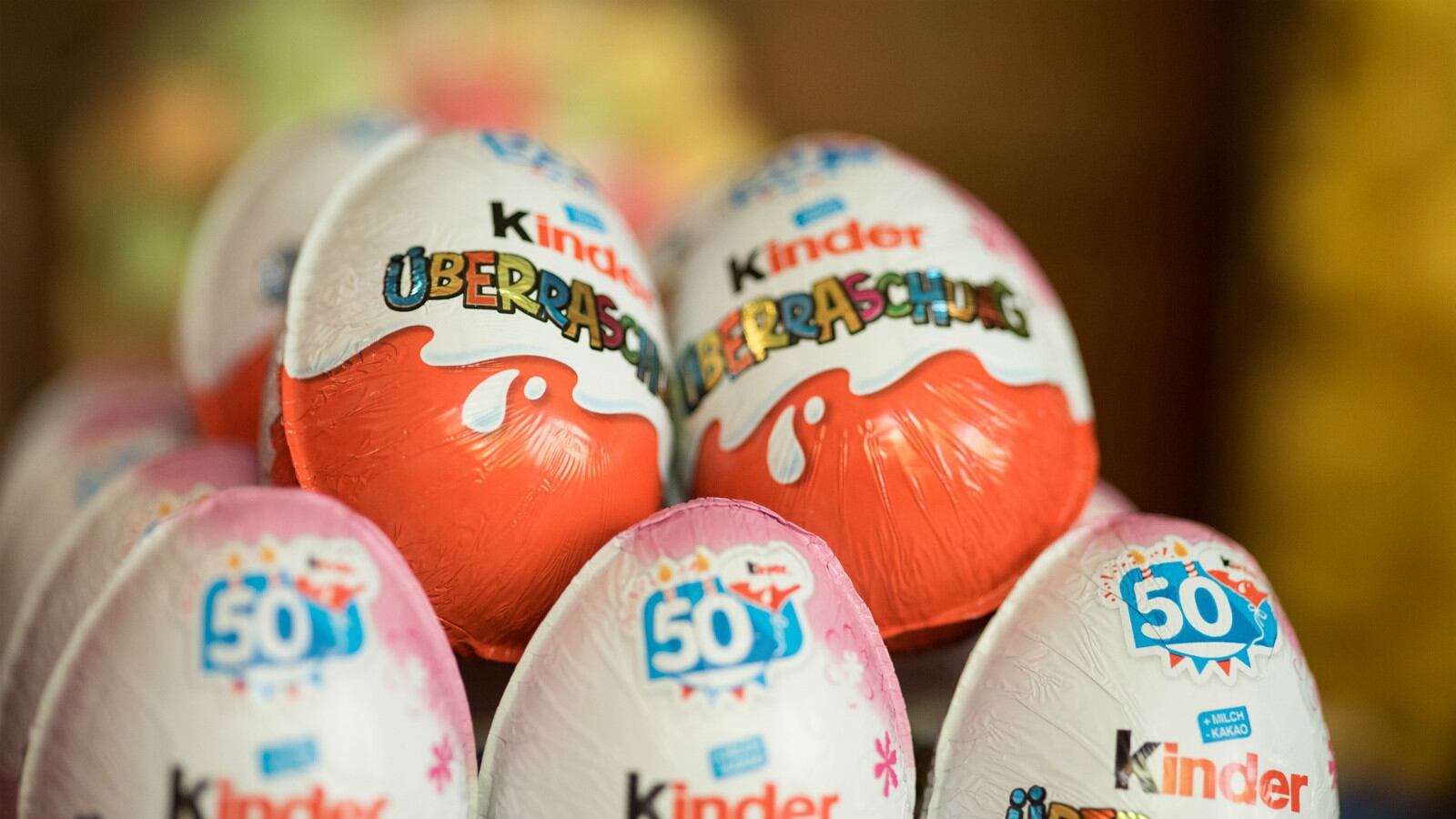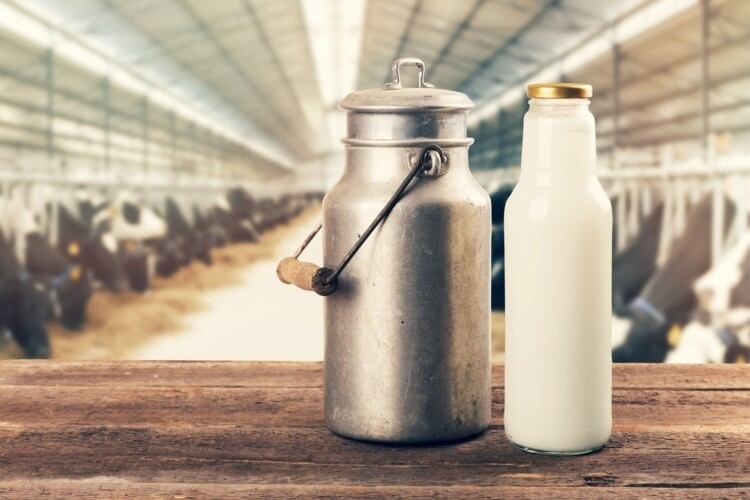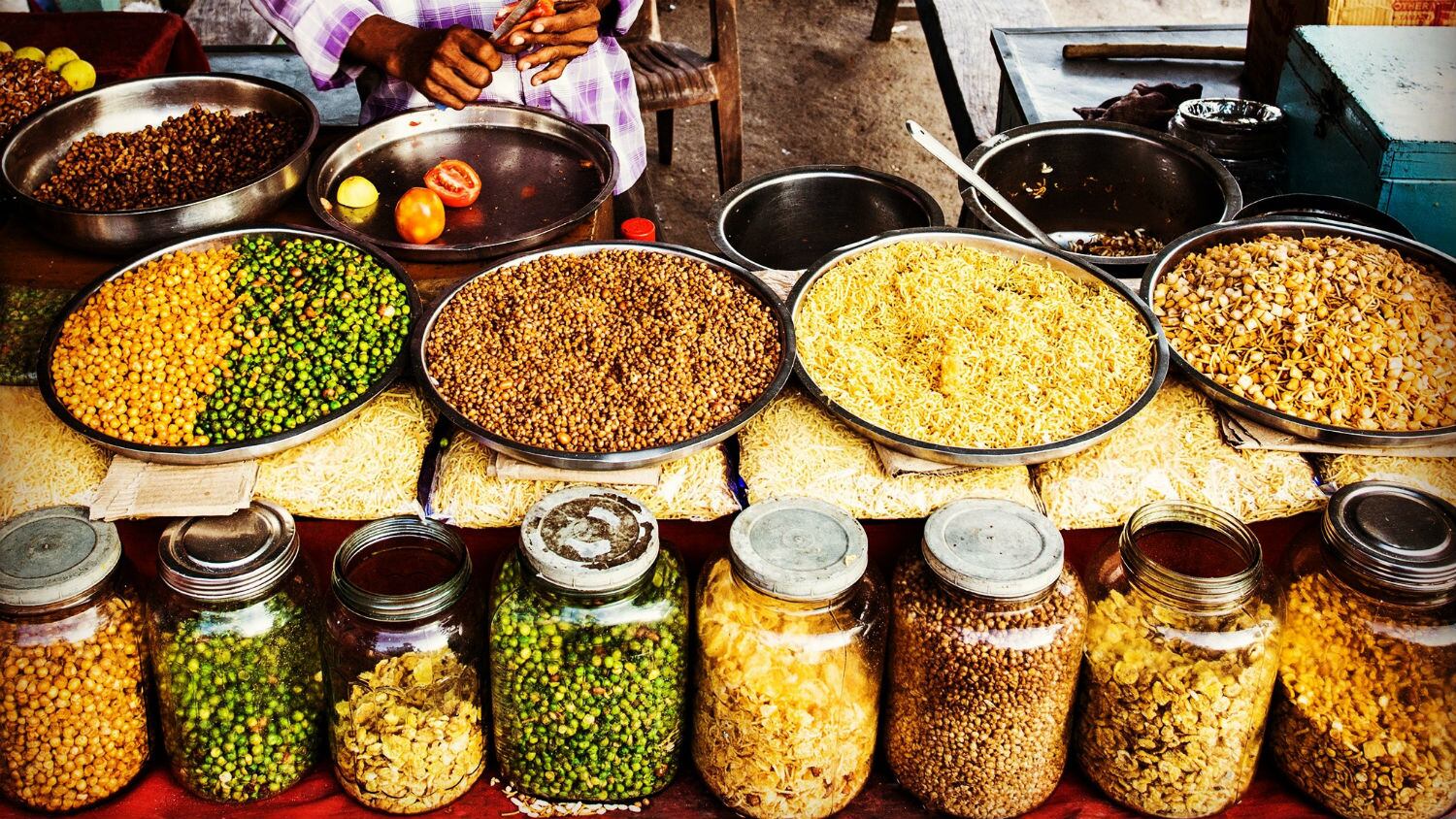Philippine rice crisis escalates as shortages push prices to a three-year high
The price of rice in the Philippines increased for the eighth month straight in August and hit a three-year peak, despite the injection of rice imports.
Inflation in the country also reached a five-year high.
Rice costs continued on an upward trend despite imported supplies arriving in June. Philippines’ National Food Authority (NFA) has admitted the lack of effect the imports have had on the predicted lowering of prices, especially in Manila, the nation’s capital city.
India's dairy taint: Over two-thirds of all milk and milk products violate standards
Roughly 68% of all milk and milk products in India has been found to be in violation of the Food Safety and Standards Authority of India's (FSSAI) standards.
This was despite the regulators' recent proposal of a penalty of around US$14,000 (INR1m), or a maximum of lifetime imprisonment for intentionally adding adulterants to food products.
The most commonly found adulterants include detergent, white paint, caustic soda and refined oil.
Coconut oil ‘poison’ row: Indian government fires back over Harvard professor’s allegations
The Indian agricultural ministry has lashed out with a strongly-worded letter against claims by a Harvard professor who declared coconut oil to be ‘pure poison’.
India Horticulture Commissioner Dr B.N. Srinivasa Murthy called on Harvard to have the statement retracted, claiming that Prof Karin Michels’ statements were “controversial”, “unsubstantiated” and “inconsiderate”.
FoodNavigator-Asia has seen the letter, in which Dr Murthy counters Professor Michels’ claims of there being no study showing significant health benefits to coconut oil consumption.
Pakistan water crisis: Nestle, PepsiCo and Coca-Cola amongst companies summoned for water usage
The CEOs of Nestle, PepsiCo and Coca-Cola, amongst other beverage giants, have been summoned by Pakistan’s Chief Judge with regard to their water usage in the country.
Pakistan Chief Judge Mian Saqib Nisar has requested that the companies reveal data about their water usage surrounding ‘holy ponds’ belonging to the Katas Raj Temples in Punjab.
"They are extracting water and selling it, someone should tell whether these companies are paying for it or not," said Nisar.
Singapore’s largest indoor farm to give food firms and national food security a boost
Land-scarce Singapore will receive a timely boon with the republic’s largest indoor farm boosting local produce and giving food firms greater locally-sourced options.
With investment and support from one of the most technologically-advanced indoor vertical farming companies, Sanan Sino-Sciences Photobiotech (SananBio), Singapore’s VertiVegies is building a 20,000m2 indoor vertical plant factory in the Lim Chu Kang area.
“Singapore’s unique situation where there is limited land availability makes the deployment of high-technology farming very important,” said Zhan Zhuo, CEO of SananBio.
Coconut oil 'poison' row: Harvard distances itself from 'pure poison' statement in response to Indian government's wrath
Harvard University has responded to the Indian agricultural department's emphatic letter protesting the description of coconut oil as 'pure poison' by distancing itself from any direct connection with the claims, saying that these were "not [made] on behalf of the institution (Harvard)".
Harvard T. H. Chan School of Public Health Dean Dr Michelle Williams wrote an email response to Dr B. N. Srinivasa Murthy, Horticulture Commissioner of India, which FoodNavigator-Asia has read, courtesy of Dr Murthy.
In the email, Dr Williams clarified that Dr Karin Michels, who first gave the lecture describing coconut oil as ‘pure poison’, is not a ‘Harvard professor’.
Blockchain technology to extend GS1 standards to food testing labs “for first time”
Two food testing labs from Vietnam and Australia are joining forces with a blockchain provider to extend globally-recognised GS1 industry standards into labs, in a bid to boost supply chain transparency and trust.
Source Certain International from Australia and Hoan Vu from Vietnam — which both focus on verifying the integrity of food supply chains — will use blockchain infrastructure provided by OriginTrail using GS1 standards.
The GS1 management board comprises global industry giants such as Nestle, Mondelez, Target, Carrefour, Walmart, Metro AG, AEON, eBay, Alibaba, Amazon and others.
Self-sustaining 'future food city' likely to be off coast of Singapore
A self-sustaining ‘future food city’, featuring a mixed crop cultivation of vegetables, seaweed and fish, could be established off the coast of Singapore.
Oceanus Group Ltd has been in talks with Singapore government entities on the likelihood of the new self-sustainable Oceanus Aquapolis City being located there.
Recently, Oceanus, Shaw Investment Holdings Pte Ltd and China Construction Seventh Engineering Division Corp Ltd (CSCEC7) announced the signing of a memorandum of understanding (MOU) to collaborate on global aquaculture-related investments and development projects worth US$500m.
Honey…how to shrink the frauds? Australian experts respond to 'adulterated' product claims
Australia's honey industry found itself in a sticky situation, amid claims that almost half of the samples collected from supermarket shelves were adulterated.
It comes after law firm King & Wood Mallesons commissioned Germany's Quality Services International (QSI) to conduct two types of tests on the sampled honey – new nuclear magnetic resonance (NMR) screening and Australia's official C4 test.
It examined 28 blended and honey samples from Coles, IGA, Aldi and Woolworths stores, finding that almost half were ‘adulterated’ – meaning they contained something other than nectar contained from bees.
Fish food fraud rife in China with more than half of fillets mislabelled: Study
More than half of roasted ‘Xue Yu’ fish fillets sampled in China were found to have been incorrectly labelled, revealing once again the high level of food fraud in the country.
The study, which collected 153 roasted fish fillet products from 30 commercial brands sold as ‘Xue Yu’ in China and identified them using DNA and mini-DNA barcoding, revealed an alarming misrepresentation rate of at least 58% — even using the least stringent definition of ‘Xue Yu’.
Only 42% of the fish samples were identified as belonging to Gadiformes, of which Xue Yu is believed to be from, while the others were Scorpaeniformes, Tetraodontiformes and Lophiiformes.





